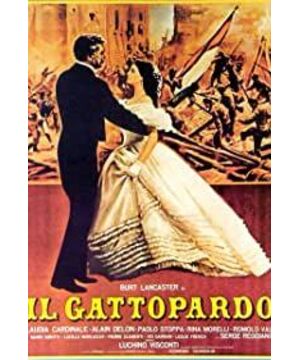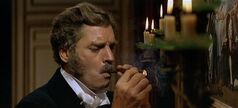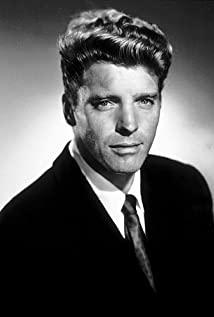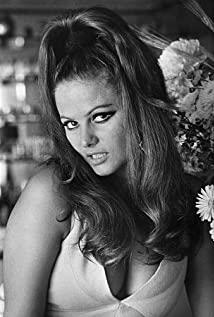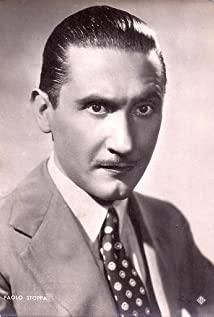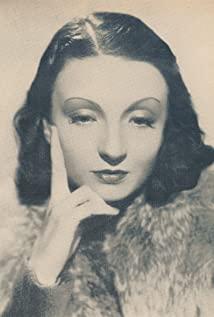After experiencing the period of crazy movie watching, the movie slowly withdrew from the important position in life, and there were only a handful of movies watched in the whole year. In the same way, writing film reviews is no longer a burden. Instead, I am more patient to search for discs that I haven’t seen before. "Night of Kabylia" and "Leopard" have been recently watched. Of two Italian films. What's interesting is that the directors of these two films, Fellini and Visconti, were rivals that were hostile to each other, and now they are both masters of Italian cinema that fans admire.
Nietzsche strongly advocated aristocratic morality and opposed Christian faith in his book "The Genealogy of Morality", and believed that the vitality of the core of aristocratic morality is what is missing now. Nietzsche's esteem for aristocratic morality was once called "aristocratic radicalism". This tendency is also due to the fact that Nietzsche has always regarded himself as a descendant of the Polish aristocracy. The director of the film "Leopard" Visconti is also a descendant of the Italian nobles, and Giuseppe, the author of the novel of the same name adapted from the film, also comes from a prominent family of fallen aristocrats. For the same reason, the interpretation of the film "Leopard" has always been unable to break away from that tendency.
The historical picture scroll unfolded in the film is grand and gorgeous. When the red shirts rushed into the city of Palermo in Sicily, the war scene in the distant view resembled an oil painting. The unification of Italy has brought epoch-making changes. The protagonist of the film, Prince Salina, stood in front of the historical trend and said helplessly: "We were once the lion and the leopard, but the wolf and the dog replaced us." Such a sigh is The helplessness to the unstoppable historical trend is also the nostalgia for the glory of the past. We may as well treat the belly of the master with the heart of a villain. Why don't Giuseppe and Visconti have the psychology of sour grapes? The nobles once were lions and leopards, and the bourgeoisie were replaced by wolves and earth dogs. In the film, Carlogello, the representative of the emerging bourgeoisie, greedily accumulates money, and the counterpart is the extraordinary character of Prince Salina.
If the noble morality that Nietzsche has always admired really exists, then the Prince Salina in the film may be the last noble to uphold this fine tradition. The character of Prince Salina was portrayed perfectly in the film. As the master of a prominent family, he did not rest on his feet. He did not stand still when the red shirts of Gallipoli were rolling in with the sound of guns. Fear, he understands that the changes of the times are unstoppable, so he does not resist the advent of revolution, because he understands that the unification of Italy is the general trend. As smart as he is, he helped his nephew Don Creddy, a child of the shabby aristocracy, to speculate and revolutionize, and facilitated the marriage of Carlogello's daughter and Don Creddy, a political marriage that exchanged money and the bottom of the door. Although he hates characters like Carrogello so much, he still compromises in the face of the times, because it is his responsibility to protect his family.
Although Prince Salina had a helpless and clever compromise with the current situation, he still persisted in key points. When Turin sent him to join the parliament, he declined the invitation and still recommended the nouveau riche Carlo Jello. Although he understands that what he rejects is the new trend and new forces, he is more willing to hold on to the final position rather than attaching to the trend of inflammation. We are lonely and call it the solar term of the nobility. When he rebuked the triumphant Italian royal officer at the ball, the old nobleman could really read the sobriety and dignity from beginning to end.
In the film, another young nobleman, Don Kredi, takes a stand that is diametrically opposed to Prince Salina. Although he has the title of earl, due to the decline of the family, he can only become a proletarian. He has the same interest-oriented nature as the bourgeois upstart Carrogello, so he speculates in the revolution and joins the red shirts of Gallibordi, because it allows him to see a way to rise. When Gallibordi finally handed over the fruits of victory to the Kingdom of Sardinia, Tangcredi defected to the royal army and ridiculed the red shirts he had participated in instead. Perhaps it is because of the family's declining background that Tang Creddy is more eager to stand out. Driven by utilitarianism, he can only be a wolf or a coyote, and he has nothing to do with nobility.
In fact, the aristocratic morality pursued by Nietzsche has always been the original ancient totem, which is beyond expectation. In the long years of the feudal system, this kind of best thing is actually slowly disappearing. I can't find it anymore. As the capitalist system gradually replaced the feudal system, the descendants of the lost nobles inevitably missed the good and noble life, but in Italy such a reform has never been complete, and the old has not been completely shattered. The new stage seems to be both right and left, and the cutting is still chaotic. The image of Prince Salina is Visconti and Giuseppe’s beautiful obsession with the past. They can’t go back to the past, let alone overthrow it again. They can only keep Prince Salina before the wave of reform in Italy. With the most perfect dignity and nobility.
Text: Eyebrow Ruler
View more about The Leopard reviews


